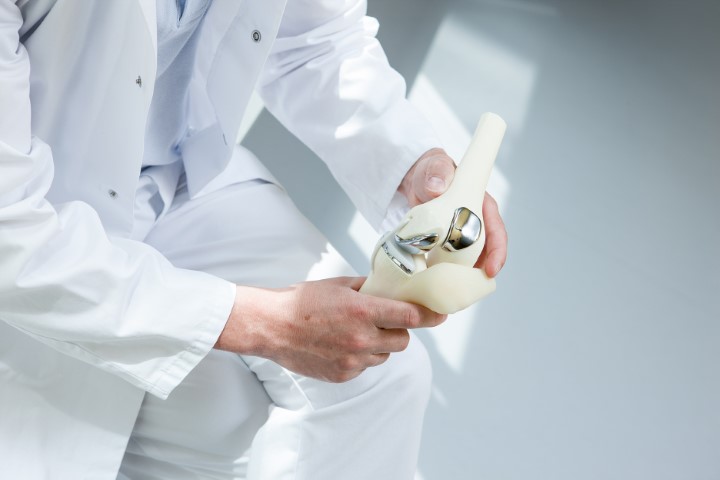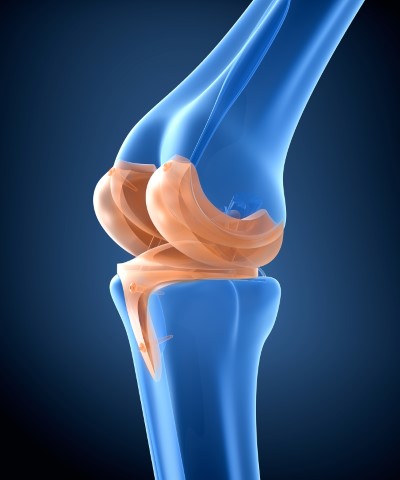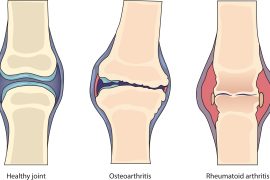Suffering from severe arthritis of the knees can be a tedious condition with consistent symptoms such as pain in the knees that worsens over time, stiffness, swelling of joints, etc. These persistent symptoms can become a hindrance in one’s day-to-day functioning.
Non-operative treatments like knee joint injections, activity modification, and anti-inflammatory medications can be the first option for most people, but when these have failed to provide adequate relief, Knee replacement surgery can be of help.
Knee replacement, also known as knee arthroplasty or total knee replacement, is a surgical procedure to resurface a knee damaged by arthritis. Metal and plastic parts are used to cap the ends of the bones that form the knee joint, along with the kneecap.
Traditional total knee replacement involves an incision over the knee of about 7-8 inches, and a recovery period of 3-5 days at the hospital.



According to an article by UW Medicine Orthopaedics & Sports Medicine on Total Knee Replacement surgery most reports of surgeons performing knee replacement surgery have been excellent and the results have shown ten-year success rates above 90 percent.
More than 90 percent of total knee replacement patients experience substantial or complete relief of pain once they have recovered from the procedure. The large majority do not require a cane even if there is the one used before the surgery and can walk without a limp.



The major benefit of total knee replacement surgery is the better quality of life. There is a restoration of the ability to carry out activities that they could not do before, due to the pain and stiffness, etc. The pain and the stiffness from the arthritis are relieved by the surgery. It is reported that the distance one can walk will improve well because of the diminished pain.
One major complication that can hinder a total knee replacement surgery is the patient’s allergy to metal components. Some people may experience a reaction to the metal that is used in the artificial knee joint as implants may contain titanium or cobalt-chromium-based alloy. This is where Gold Knee Implants come in.
What are Gold Knee Implants?
For patients who have shown an allergic reaction to metals, the Gold knee replacement procedure can be considered a very good option. The knee implants used for the surgery have a Titanium Niobium Nitride (TiNbN) coating on their surface. This coating gives a golden color to the implant and makes it allergy-proof because of inert material’s coating.
Why one should opt for Gold Knee Implants?
The implant gold knee is one of the best artificial joint. It has a longer life span and does not trigger any allergic reactions. According to an article by Bone and Joint 360 the Golden knee implant is compatible with human tissues, and it is highly recommended for patients that are 60 years of age or below.
Knee implants are normally made of an alloy of chromium and cobalt and sometimes they tend to release metal ions inside your body. Patients who may experience an allergic reaction tend to experience inflammation in the knee joint because of the same. Eventually, complications like infections, loosening of the joint, and persisting knee pain develop.
Benefits of a Gold Knee Implant
- Durable implants due to the titanium coating.
- The higher life span of the Gold Knee implant as compared to regular knee implants.
- Works well with new-age surgical techniques. The outcomes are better when compared to regular implants.
There are various types of implants used other than Gold Knee Implants as well, such as metal on plastic implants, which are the most common type of implants, or ceramic on plastic implants, for people who have a sensitivity to nickel used in metal implants, leading to an allergic reaction or people who are sensitive to nickel used in metal implants.
It is important to evaluate all your options before opting for a total knee replacement surgery, the cost, the biocompatibility, and especially about the type of metal that is used, in case the patient is allergic to a certain metal or alloy.





Comments are closed.